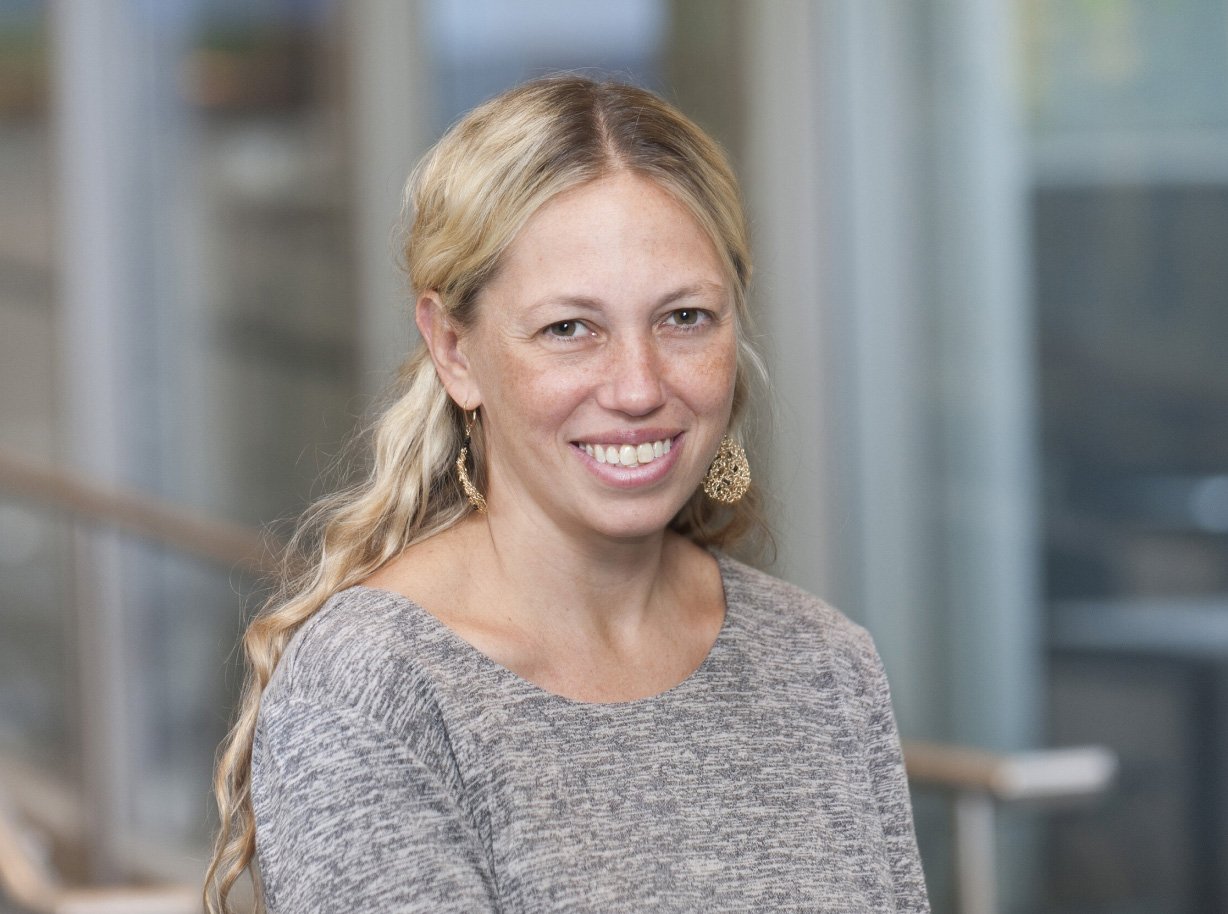
our research partners
Alexandra Miller MD, PhD
Memorial Sloan Kettering Cancer Center (MSK)

Research
Overview
At Memorial Sloan Kettering Cancer Center, physician-scientist Alexandra Miller, MD, PhD, and her colleagues are developing a new “liquid biopsy” approach to genetically sequence gliomas.
Genetic profiling is a valuable tool in the treatment of cancer, informing the classification of patients’ tumors and identifying potential therapeutic targets. For patients with glioblastomas, DNA sequencing presents a great opportunity for personalized treatment, and also poses challenges. Currently, a biopsy for DNA sequencing involves highly invasive brain surgery, and biopsies are not always possible based on the tumor’s location. Critically, the genome of primary brain tumors has also been shown to evolve over time. To ensure that patients are getting the best possible treatment based on their tumor’s current genetic makeup, multiple biopsies over the course of treatment are needed.
At Memorial Sloan Kettering Cancer Center, physician-scientist Alexandra Miller, MD, PhD, and her colleagues are developing a new “liquid biopsy” approach to genetically sequence gliomas. Liquid biopsies use a highly sensitive test to analyze fragments of DNA, called circulating tumor DNA (ctDNA), found in body fluids. In gliomas, Dr. Miller and her colleagues have found that ctDNA can be detected in the cerebrospinal fluid (CSF) in nearly 50 percent of patients. Sampling of the CSF is already done routinely and is much less invasive than surgery. This new approach raises the exciting possibility that, in the future, oncologists could test CSF to track how tumors evolve genetically and identify the treatments most likely to help a patient at that moment in time. With support from the Glioblastoma Research Organization, Dr. Miller and her colleagues will continue to test and refine this approach. The group is starting to integrate the liquid biopsy into clinical studies designed to increase the number of patients eligible for experimental drugs, and to better understand how targeted therapies affect the genomic evolution of gliomas.
About The Center
Memorial Sloan Kettering Cancer Center (MSK) is the world’s oldest and largest private institution dedicated to cancer. Its clinicians and investigators are committed to providing skilled and compassionate patient care today, and conducting breakthrough research to improve outcomes for tomorrow.
Close collaboration between MSK’s physicians and scientists is one of the institution’s unique strengths. MSK clinicians treat more than 450 subtypes of cancer - from the most common to the very rare.
The Sloan Kettering Institute’s 120+ laboratories are leading the way in biomedical research, translating scientific advances into innovative medical applications that will benefit patients.
Today, Memorial Sloan Kettering is one of 50 National Cancer Institute-designated Comprehensive Cancer Centers in the US. MSK has been ranked as one of the top two cancer centers in the nation—and the top cancer center in the Northeast—for 29 years.










